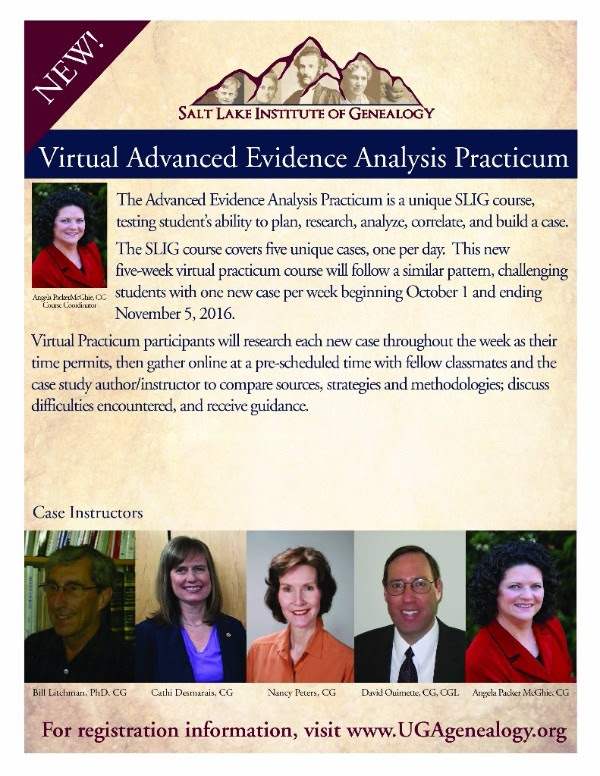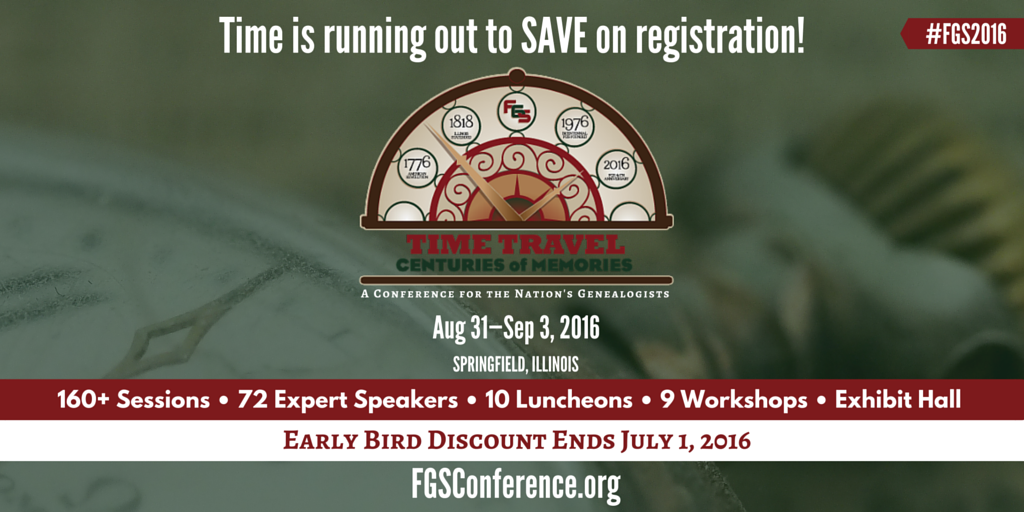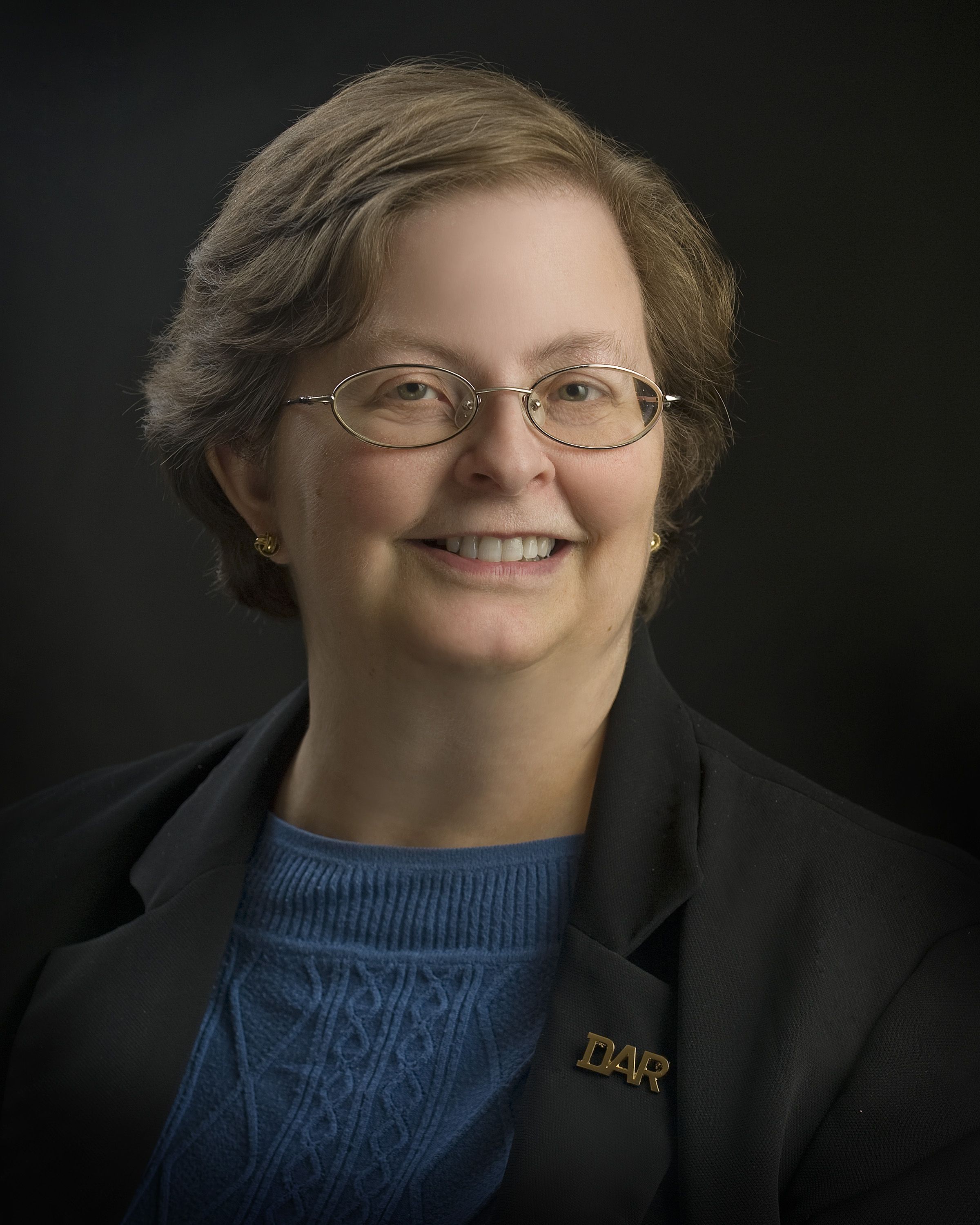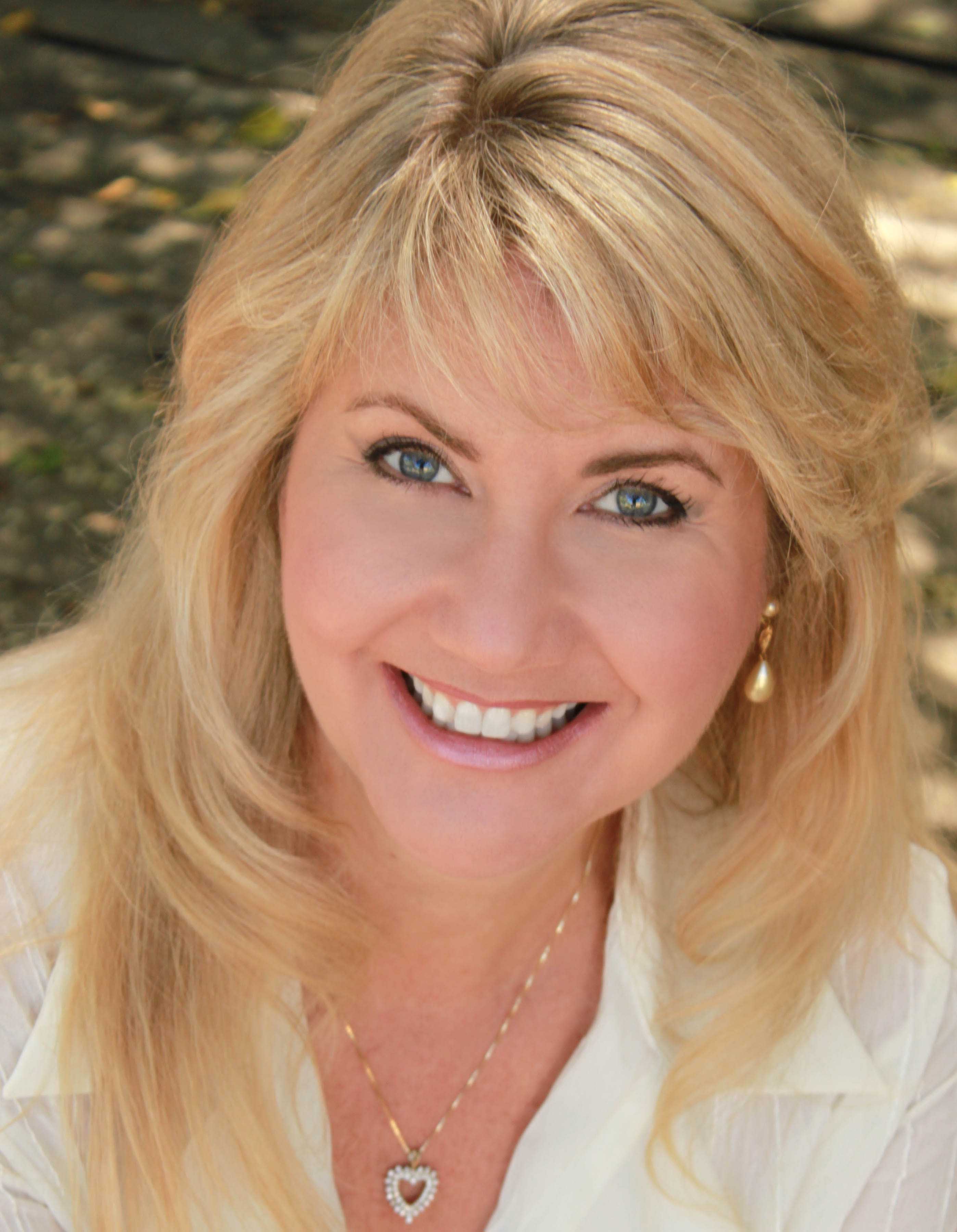Here are some details about what is happening.
- 12:30 am MDT the outage will officially begin. FamilySearch will migrate data and conduct performance tests.
- 5:30 am MDT the outage should be over. Users should see FamilySearch back online.
- If the update is not successful another attempt will occur on July 11th, 2016. In this event users will see FamilySearch back online at the 5:30 mark but the new tree foundation will not be in place.
How will you know if the upgrade happened?
The best way to tell is by looking at the Person's Detail tab. If the box on the right marked "Latest Changes", shows the last three changes for the individual, instead of just a link "Show All Changes", then you know the upgrade took place. This is what the box currently looks like.
Some users will remember the "Latest Changes" boxes used to show a list of the past three changes. This was removed a couple months ago to save resources. With the new tree foundation in place it will be supported again. It's also a great visual indicator to the lay person if the upgrade happened.
So why the 24 hours window for the upgrade?
That's because things happen. FamilySearch will be failing forward. If the change over happens and it goes live at the 5:30 mark there is no going back. They will test and resolve any new issues throughout the day. If you get online and see issues you need to report them to FamilySearch Support. This really shouldn't be a time frame you try to have FamilySearch work on any other issues with people or records. This is performance issues they are looking at. Things that used to work and don't now.
How ready is FamilySearch for this upgrade?
They have rehearsed the change over from the Oracle database foundation to the new Cassandra tree foundation nine times on the beta.familysearch.org website. Everything looks great and its a go. The only thing that can happen is the unknown.
What should I do if I'm using a Third-Party product like RootsMagic and I have issues?
The Third-Parties will be monitoring the FT API for issues throughout the day on Monday and reporting them to FamilySearch. It is best to let the dust settle before inundating their support staff with issues. The best thing to do is NOT expect to use any Third-Party product's FamilySearch features on Monday. If you see issues give it a couple of days to "shake out" before reporting it.
This is a major upgrade to the FamilySearch back end. Not only are they moving from an Oracle database to Cassandra, they are also moving to the Amazon servers. The connection to the (old) "new FamilySearch" website and its servers will be severed. This move will allow scalability. So instead of cruising on the highway at 55 MPH with occasional traffic jams, it will increase to 65 MPH with more lanes opening up as traffic increases. It's not going to be much faster, but the performance will be consistent. The bottle-neck on Sundays should be a thing of the past.
Moving to the new "Tree Foundation" is just that a foundation. Once that is in place the ability to build greater things into Family Tree become possible. Older issues can now be resolved, like merging IOUS (Individuals of Unusual Size).
Here are some of the new system limits for an individual after the upgrade.
Note length 10,752 characters
Person notes: 50, characters 215,040
Relationship notes 12, characters 129,024
All person and relationship notes characters: 386,320
Conclusions: 200
Person source: 200
Relationship source: 50
Memories: 1000
Person not a match: 400
Discussions: 20
Couple relationships: 200
Sets of parents: 50
Number of children: 400
If you have some people already in Family Tree that exceed these limits the excess items will remain. You will not be able to add more memories or notes, etc. until you are below the threshold for that item.
When merging IOUS, which many will start to do after this upgrade, these system limits may prevent them from happening. Clearing notes or merging duplicate spouses or children so you are below the combined record threshold will allow the merge to take place.
I'm excited for the upgrade to happen. The whole process is fascinating to me. The benefits of what this new "Tree Foundation" will bring us is totally worth a 24 hour down time period. My prayers will be with the FamilySearch team that all will go well, that their minds will be quick and alert in those wee hours of the morning, able to resolve any sticky issues that may rear its head.
See ya tomorrow, for tomorrow is always another genealogy day!











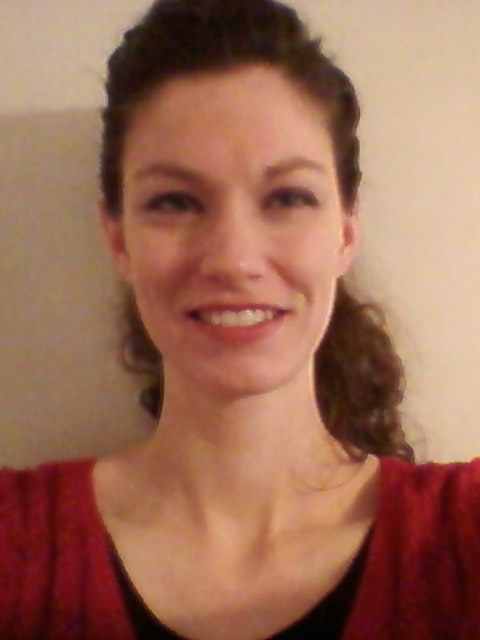 Presenter:
Presenter: